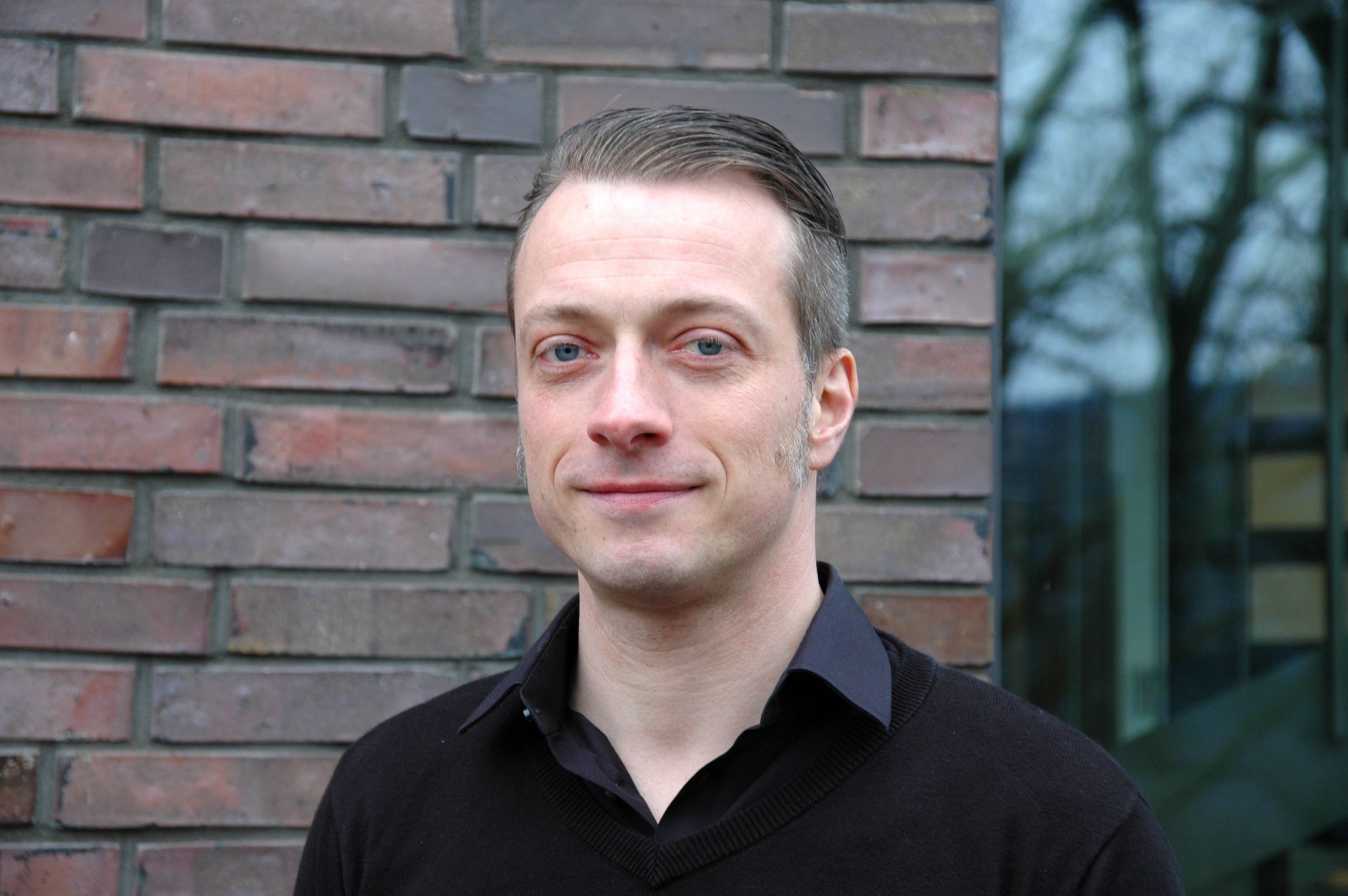Michael Stang – Journalist in Residence 2016

German science journalist Michael Stang was the fifth “Journalist in Residence” at the Heidelberg Institute for Theoretical Studies (HITS). For the second time, the program was announced internationally; 40 candidates from 23 countries had applied. A jury consisting of science journalists and scientists from universities, Max Planck Institutes and HITS, selected Michael Stang to be the “HITS Journalist in Residence 2016”. He stayed at the institute from February until June 2016.
Stang studied Physical Anthropology, Social Anthropology and Palaeontology/Geology at Mainz University. After this Master´s Degree, he was awarded a scholarship for science journalism by the Bertelsmann Foundation, including stages at print and radio outlets. Since 2005, he has been working as a freelance reporter in Cologne, Germany, working for radio stations in Germany (Deutschlandradio, WDR, BR, SWR), Austria (ORF) and Switzerland (SRF) as well as for newspapers and magazines (e.g. Frankfurter Allgemeine Sonntagszeitung). According to his statement “science is not a national business”, he has been reporting from more than 30 countries. Moreover, he is highly committed to cross-border journalism. He is a member of “journalists.network”, a research network for young journalists who want to learn how to cover stories from abroad. He also works voluntarily as an ambassador for “Hostwriter”, a global collaboration network for journalists.
Michael Stang used his stay to interact with the researchers at HITS and to learn more about data-driven science. Stang gave an internal as well as pulic talk about radio science journalism today, giving insights into his current work life.
About his stay at HITS he says:
“Unlike in my previous meetings with scientists, here I have the opportunity to experience not just a snapshot of an institution, but to get a deeper, more sustained insight into scientific activities, for example, I regularly attended the meetings of Tilmann Gneiting’s Computational Statistics Group (CST).”
About HITS
HITS, the Heidelberg Institute for Theoretical Studies, was established in 2010 by physicist and SAP co-founder Klaus Tschira (1940-2015) and the Klaus Tschira Foundation as a private, non-profit research institute. HITS conducts basic research in the natural, mathematical, and computer sciences. Major research directions include complex simulations across scales, making sense of data, and enabling science via computational research. Application areas range from molecular biology to astrophysics. An essential characteristic of the Institute is interdisciplinarity, implemented in numerous cross-group and cross-disciplinary projects. The base funding of HITS is provided by the Klaus Tschira Foundation.